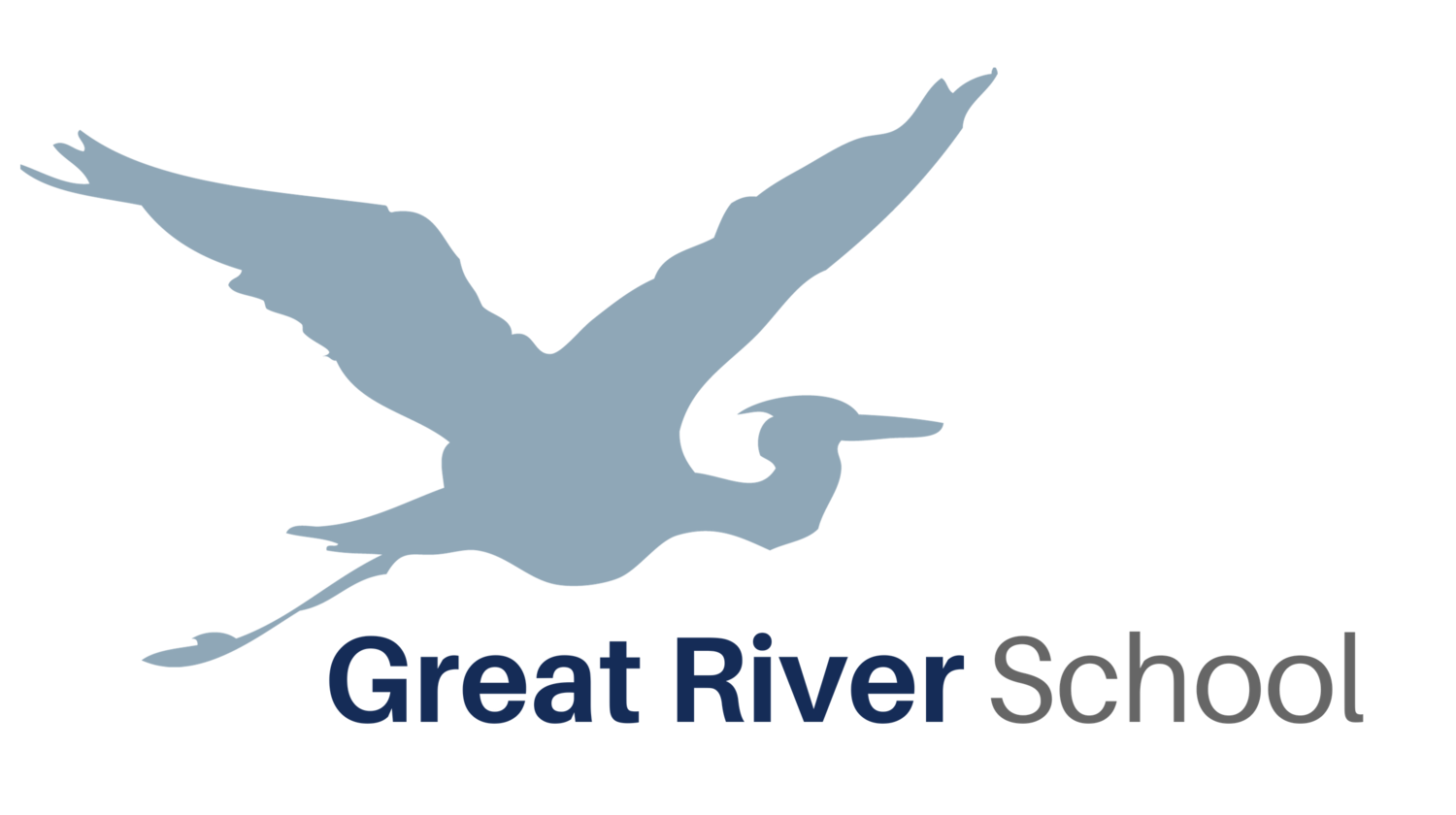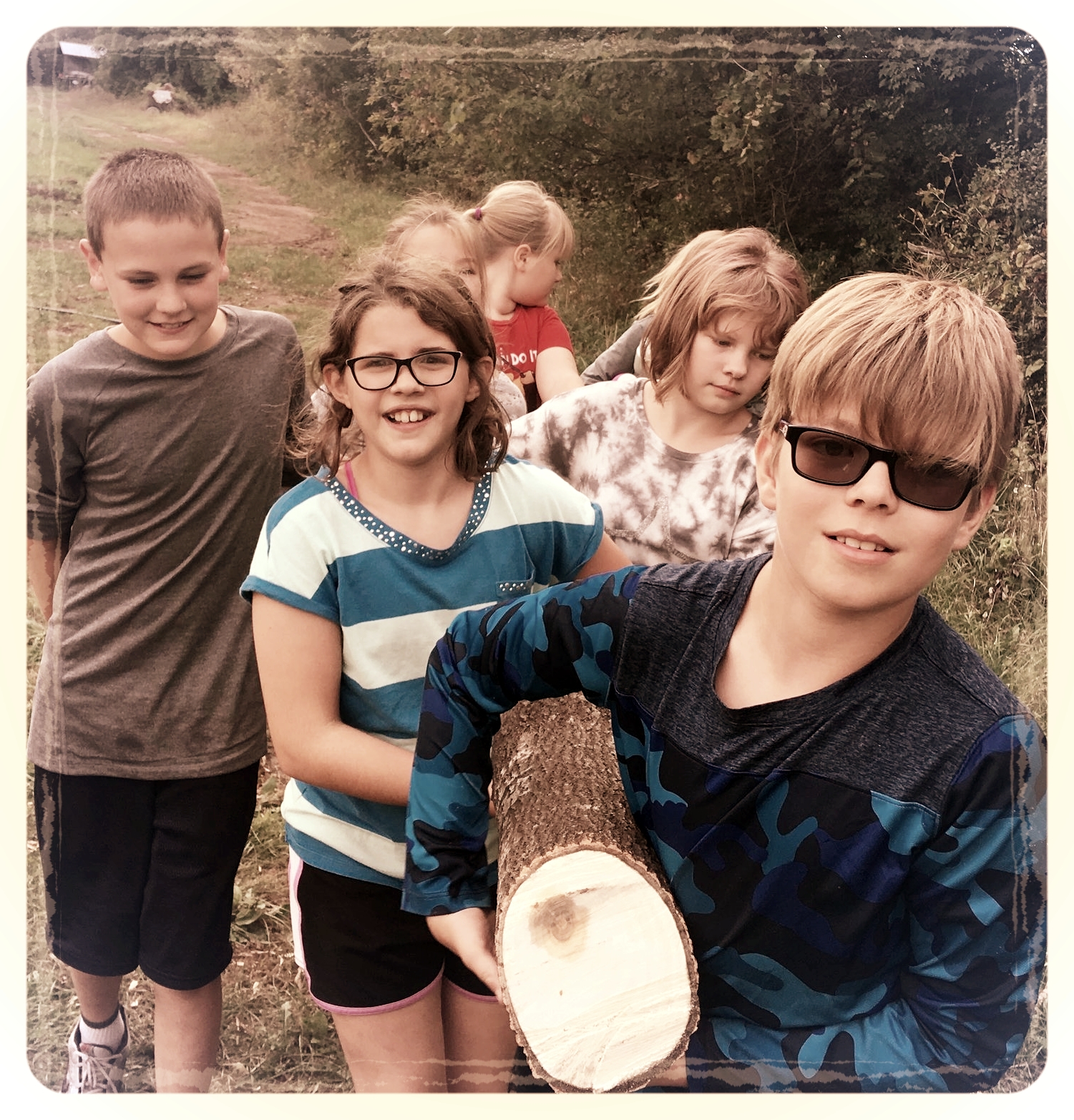Dear Families of Great River School,
We are sending out MCA results from last spring. Check your mailboxes in the coming weeks for your student’s scores!
My thoughts below from a previous post on tests and testing - for your perusal!
A group of school superintendents and principals recently joined together to author the following letter, which they sent home with their district test results:
'We are concerned that these tests do not assess all of what it is that makes each of you unique. The people who create these tests and score them do not know each of you the way your teachers do, the way I hope to, and certainly not the way your families do. They do not know
that many of you speak two languages. They do not know that you can play a musical instrument or that you can dance or paint a picture. They do not know that your friends count on you to be there for them or that your laughter can brighten the dreariest day. They do not know that you write poetry or songs, play or participate in sports, wonder about the future, or that sometimes you take care of your little brother or sister after school. They do not know that you have traveled to a really neat place or that you know how to tell a great story or that you really love spending time with special family members and friends. They do not know that you can be trustworthy, kind or thoughtful, and that you try, every day, to be your very best. The scores you get will tell you something, but they will not tell you everything. There are many ways of being smart.'
I join these school leaders in telling you the scores will not tell you everything, and I'll echo the thoughts of of Parker Palmer - who points to the whole development of childhood as a human experience. It's hard enough to learn to be human through childhood - Mr. Palmer points us to the Billy Collins poem On Turning Ten to remind us of the way innocence is already naturally lost as children develop an awareness of their full humanity. Collins ends his poem identifying the first moments of lost innocence:
It seems only yesterday I used to believe
there was nothing under my skin but light.
If you cut me I could shine.
But now when I fall upon the sidewalks of life,
I skin my knees. I bleed.
Think of the things you love about your own student. These are the same qualities we love about your student at Great River. The light that comes from your student is not measured by a standard test - it is measured and shines in the moments they grow as a whole person. The creativity, problem solving ability, persistence, and emotional intelligence we experience in our most tender and humane moments - these are the skills future generations need to cultivate as the world becomes, before our eyes a more interconnected and interpersonal space.
We each are more powerful than ever in impacting those around us by the practice of love and care for each other. However, when we *only* invest in measuring and printing out the results of finite academic performance of a developing brain, we encounter the danger of interrupting the whole development of that child.
The insidious danger: when test scores only imply competition with one another, we lose the opportunity to appreciate difference and work with one another.
This need to sort and compare individuals is dangerous when it becomes all-encompassing. Students learn prejudice, and create self-images that are externally reliant instead of internally constructed. In a traditional school that tracks students into different academic classes based solely on testing, students experience a world of injustice. They are told see themselves as numbers in a line - not as responsible contributors to a shared community. In this way, students both at the front and the back of the line lose their humanity.
The greater learning that happens as a result of accepting and caring for a diverse community - this is the skill of the next generation of leaders. And colleagues from Montessori programs across the nation have already articulated this so thoroughly, I must borrow their words. My colleague Marta Donahoe from Cincinnatti writes:
By creating schools as safe containers in which dissent and respect stand side by side, and where the child with learning quirks sits equal to and in the same class with the child who is the National Merit Scholar, we do just that. Just as diversity in the seed bank is insurance that we can survive a blight on the wheat crop, valuing diversity in the human population is a requirement for survival. When we cultivate critical thinking and human heartedness in the souls of our students, we are helping them understand the inherent beauty of the world. By doing that, we nurture the only seeds we have in this world for lasting peace.
In her essay on the true mission of the Montessori High School experience, Ms Donahoe cites the acceptance speech of a Nobel prize winner,
"Sooner or later all the peoples of the world will have to find a way to live together in peace, and thereby transform this cosmic elegy into a creative psalm of brotherhood. If this is to be achieved, man must evolve for all human conflict, a method which rejects revenge, aggression, and retaliation. The foundation of such a method is love."
~ Martin Luther King
Address delivered in acceptance of the Nobel Peace Prize, Oslo Norway, December 10, 1964
As a spokesperson for Great River School, I cannot stress enough that this is our true goal: to send students into society having prepared them to live in deep respect for themselves, each other, and their world.
Key experience is a phrase we use for the trips that bind our communities of students together. Love is the real key experience for all of humanity- it is the way our students are able to grasp accepting difference and persevering toward peaceful resolution of conflict. And it's no mistake we reference our trips as key experiences - it's the experience of caring for another through the trip that we are talking about.
And thank you, your family, and your student for coming to Great River ready and willing to engage in a radical way of being in appreciation, in respect, and in love for a better way of appreciating each other as whole.
References - as there are enough ideas in this post for a whole weekend of compelling reading:
Montessori, Maria, Education and Peace. Oxford, The Clio Montessori Series, 1992.
Donahoe, Marta "LASTING PEACE - THE WORK OF EDUCATION" Public School Montessorian, volume 19 #2, Winter 2007
Palmer, Parker, "The Scores Will Not Tell You Everything" http://www.onbeing.org/blog/parker-palmer-the-scores-will-not-tell-you-everything/8089 Accessed November 5th, 2015















